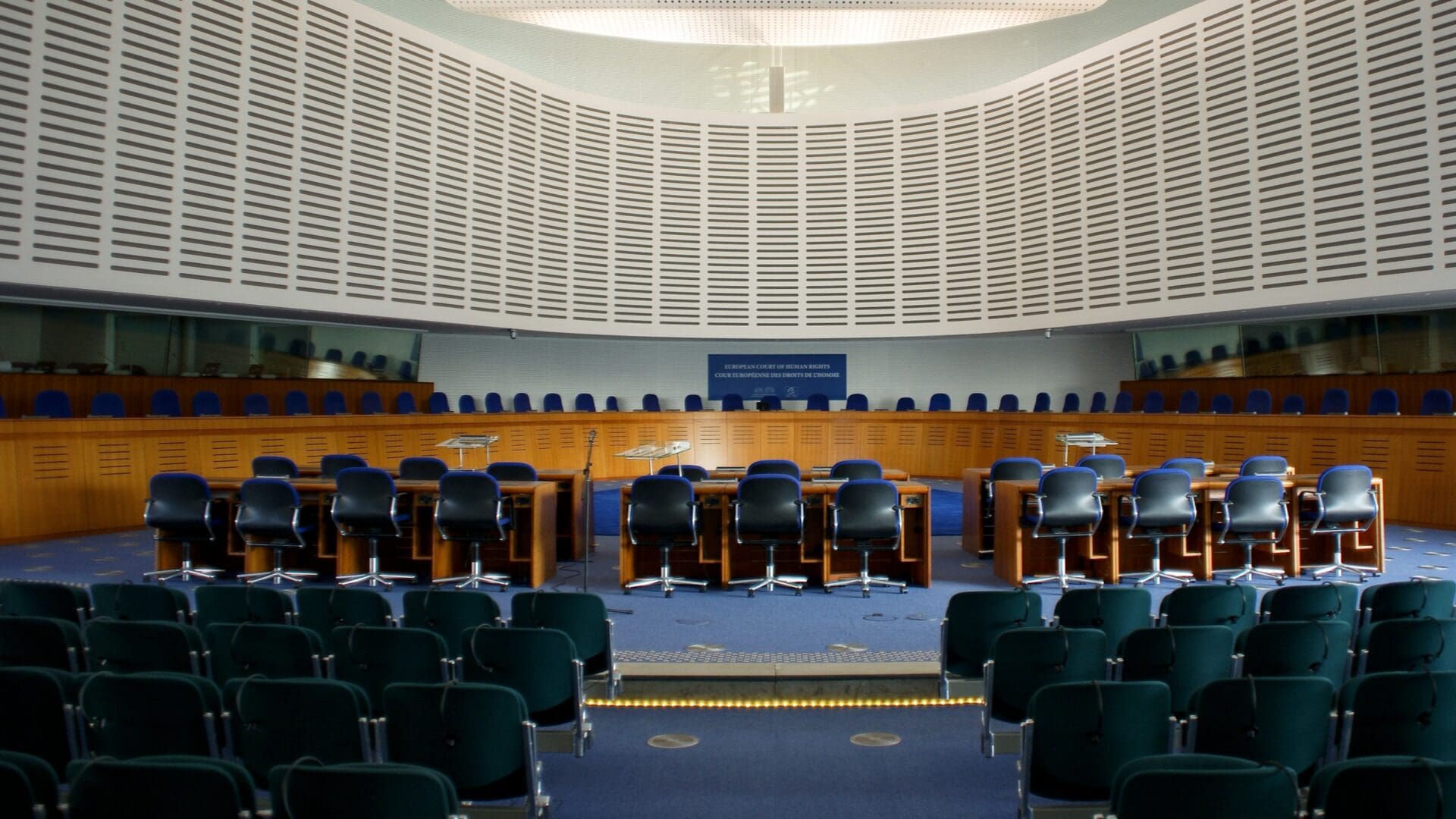Dániel Karsai, a constitutional lawyer suffering from incurable ALS, does not have the right to doctor-assisted death, as announced by the European Court of Human Rights (ECHR) in Strasbourg on Thursday.
Karsai turned to the ECHR seeking the right to end his life with dignity when his condition becomes intolerable, as Hungarian regulations prohibit all forms of euthanasia. The court, operating under the supervision of the Council of Europe, ruled by six votes to one that the complainant’s human rights were not violated in relation to the right to respect for private and family life and the prohibition of discrimination under the European Convention on Human Rights.
The Strasbourg justices stated that Hungary provided palliative care for Karsai, and according to the expert evidence heard, the available options in such care generally provide relief for patients in the applicant’s situation and can enable a peaceful death. Karsai did not claim that this care would be inaccessible to him, they added. They emphasized that potential errors in the applicant’s case could have broad social consequences and risks, and doctor-assisted death carries the risk of abuse.
Although there is a trend towards legalization, the majority of Council of Europe member states still prohibit medically assisted death and euthanasia,
they wrote. The criminal prohibition of medically assisted suicide and its application to those who might undergo the procedure in a country where active euthanasia is permitted is not disproportionate and does not violate human rights, they stated. They also noted that the need for appropriate legal measures must be continuously reviewed, considering medical ethical rules, developments in healthcare, and societal changes.
Before the decision, Karsai had a conversation with Gergely Gulyás, the Minister heading the Prime Minister’s Office, who argued that, as a religious person, he could not support the taking of a human life. He stated that the government considers the decision of the Strasbourg court binding, but would only implement it if it did not conflict with the Fundamental Law. However, as Karsai pointed out, the court’s decisions are always binding, even if it would require amending the Fundamental Law.
Following the decision, Karsai briefly commented on the court’s ruling on his Facebook page.
‘The Court has rejected my submission. This is a great disappointment. Now, we will calmly read the decision several times with my colleagues. Then we will submit our request for a Grand Chamber procedure, for which we have three months. No one should worry, we will keep going!’, the constitutional lawyer concluded.
Read more about the moral and legal implications of the case:








